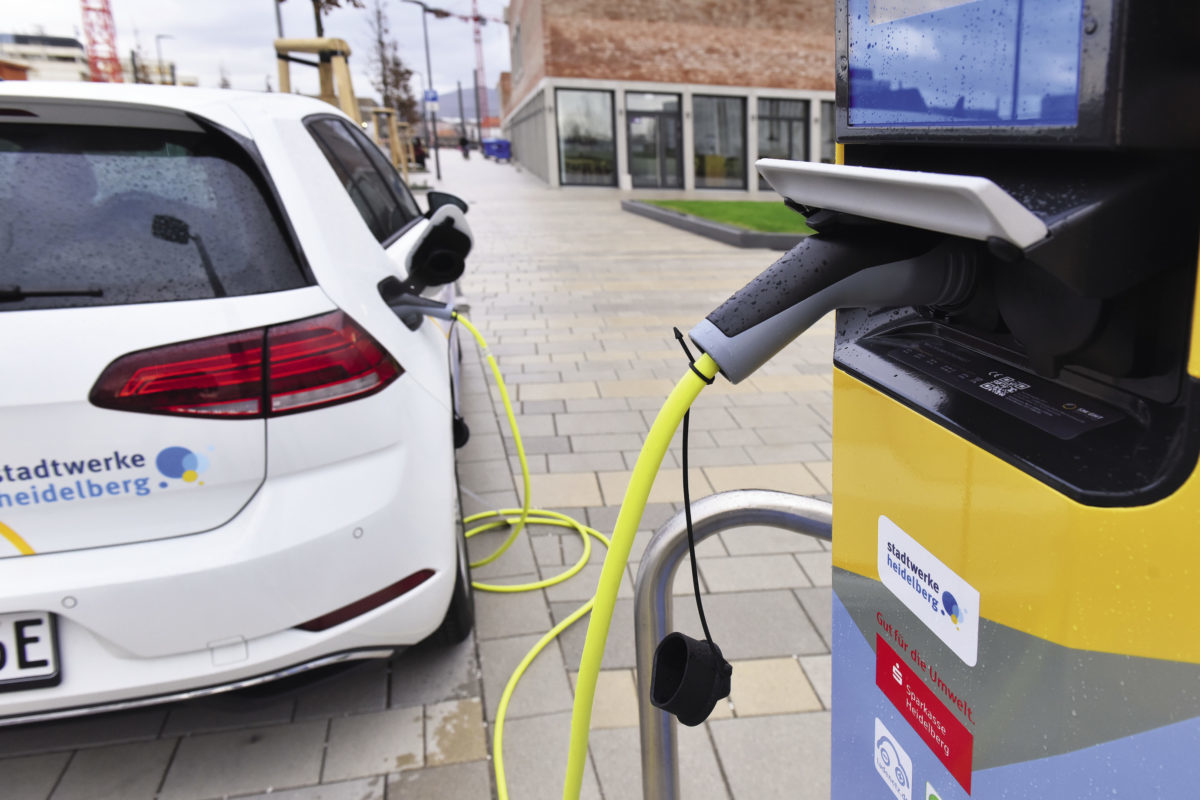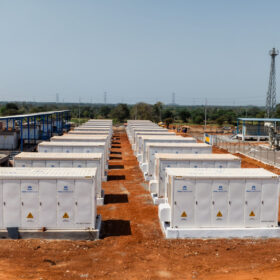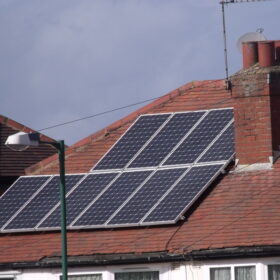Having won its first order from ICM Australia, the UK-based Faradion is now looking to manufacture its sodium-ion (Na-ion) batteries in India for electric mobility, energy storage and mobile applications. The company, along with its partner in India, aims to set up an initial production capacity of 1 GWh in the country.
Speaking to pv magazine, Faradion CEO James Quinn said, “We have a partner in India with which we plan to scale up manufacturing of Faradion Sodium-ion batteries in 2021. Initial capacity is estimated to be up to 1 GWh.”
“In the case of ICM Australia, Faradion is producing the batteries at one of its manufacturing partners in Europe. The batteries will be supplied to ICM Australia for their customer,” Quinn added.
After Australia, Faradion foresees India as its next priority big market, given the huge growth in mobile devices and a bigger electric mobility market waiting to proliferate.
Li-ion Vs Na-ion
Faradion is actively pushing its sodium-ion batteries as a superior alternative to lithium-ion batteries, citing their advantages in performance, safety and price point.
Speaking about India-specific advantages, Quinn said, “A vast majority of the raw materials are available in India for a vertically integrated supply chain. We use zero cobalt, zero lithium, zero graphite and zero copper in our cells, thus reducing the bill of materials (which constitutes 75-80% of the cell cost). This less expensive, safer and more sustainable solution will allow India to have Energy Security (economic security, national security and environmental security).”
Further, the Faradion Na-ion cells can be made on existing commercial Li-ion manufacturing lines. The operating temperature range is -30 to +60 degrees, Quinn told pv magazine.
“Our cell chemistry provides world-leading cell-specific energy of 150-160 Wh/kg for sodium-ion,” he said, adding the company aims to generate cells with >190 Wh/kg in the second half of 2020.
The Faradion CEO claims they have the most robust patent portfolio in the sector, with 29 patent families in total covering all parts of the cell chemistry, battery/pack architecture, and fade storage and transportation.
The winds of change for India
The India Energy Storage Alliance expects the market for energy storage to rise to more than 300 GWh by 2025. India currently imports almost all its li-ion batteries and cells, with China accounting for the bulk of shipment.
The announcement by Faradion comes at a time when the onset of Covid-19 has created a series of disruptions in the supply chain for Li-ion batteries, which will also impact the Indian electric vehicles (EVs) and stationary energy storage market.
The sodium-ion batteries provide India with yet another promising alternative to Lithium-ion technology.
Earlier this year, Indian Oil Corporation, a State-run fossil fuel giant, announced its partnership with Israel based startup Phinergy for development, customization, manufacturing, assembly and sale of aluminium-air batteries.
The two companies are in the process of forming a joint venture in India for collaboration in the field of Al-Air battery systems including research & development, customization, manufacturing, assembly, sell and service of aluminium-air energy systems technology.
Through the joint venture, IndianOil and Phinergy intend to set up a factory in India to manufacture Al-Air batteries for electric vehicles and stationary applications and facilitate the development of eco-system for Al-Air technology.
This content is protected by copyright and may not be reused. If you want to cooperate with us and would like to reuse some of our content, please contact: editors@pv-magazine.com.









Sodium ion battery is good development. Lithium is available only in few countries. One of the argument by those who are not in favor of EVs is scarcity of Lithium. Sodium is available almost everywhere and hence they can plan and convert at least some of the production units to EVs as a part of Environmental recovery which is badly needed.